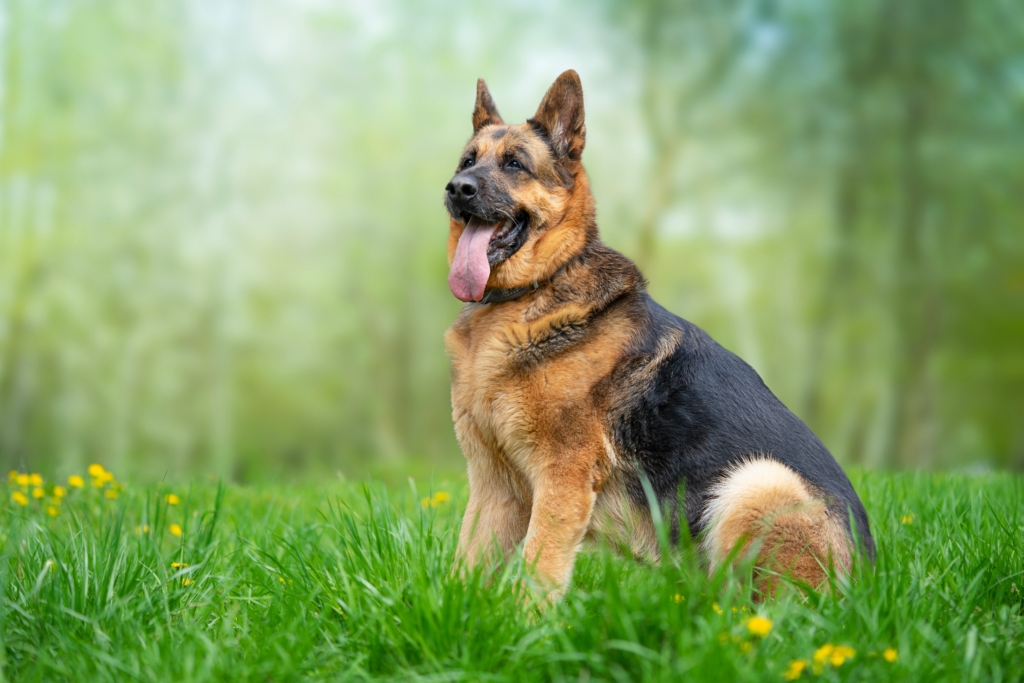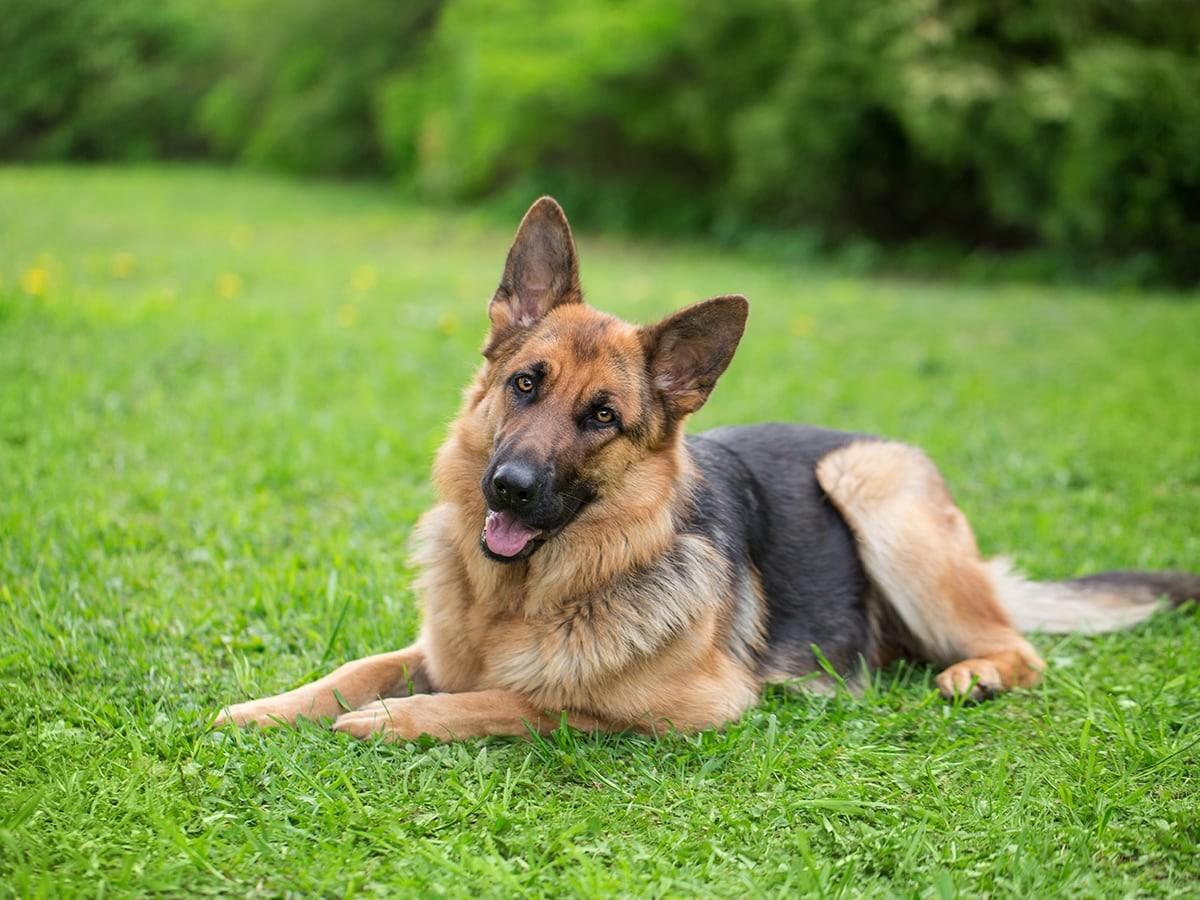
German Shepherd Puppy Development Milestones: What to Expect
Share
Welcoming a new German Shepherd puppy into your home is a thrilling journey. Renowned for their intelligence, loyalty, and adaptability, these dogs make exceptional companions. To create a nurturing environment, its essential to understand the development milestones your German Shepherd puppy will experience. In this guide, we will explore each key growth stage to ensure you are well-equipped for your puppy's adventure.

Week 1-2: The Newborn Stage
During the initial couple of weeks, your German Shepherd puppy is entirely dependent on its mother. At this point, they are blind, deaf, and unable to regulate their body temperature. As a responsible pet owner, it is crucial to provide a warm, safe space for the puppy. This delicate phase is primarily focused on feeding and sleeping, laying the groundwork for their future development.
Week 3-4: Opening Eyes and Ears
By the third week, your puppys eyes will start to open, and theyll begin to hear sounds. This time is vital for sensory development. Introduce your puppy to soft sounds and gentle lighting to gently stimulate their senses without overwhelming them. This phase is also critical for bonding, as your puppy will begin to recognize your voice and scent, fostering a trusting relationship.
Week 5-7: Socialization Begins
As your puppy moves into weeks five through seven, they become increasingly aware of their surroundings. Its an ideal time to expose them to various stimuli, including different textures and sounds. Socialization is key during this phase, and exposing your puppy to various experiences will help them grow into a well-adjusted adult. Consider introducing them to new people, other pets, and different environments to boost their confidence.
For more tips on caring for a German Shepherd, check out The Kennel Club's guide.
Week 8-12: Training and Exploration
As your puppy reaches eight weeks, they are ready to join your home permanently. This is the perfect moment to start basic training, such as commands like sit, stay, and come, using positive reinforcement methods. Consistency during this stage is crucial, helping to strengthen the bond between you and your puppy and setting the foundation for more advanced training later.
Month 3-6: Teething and Growth Spurts
During this period, your puppy will start teething, which can be a tough time for both of you. Providing suitable chew toys is essential to help soothe their discomfort and protect your belongings. Additionally, your German Shepherd will experience growth spurts, making it crucial to maintain a nutritionally balanced diet to support their rapid development.
Month 6-12: Adolescence
Like human teenagers, this stage can present its own set of challenges. Your puppy may test boundaries and seek independence. Its vital to uphold consistent training and discipline during these tumultuous months. Regular exercise is essential, as a bored German Shepherd can develop behavioral issues; activities such as obedience classes can be particularly beneficial.
To delve deeper into the development of German Shepherds, consider exploring DogTime's breed profile.

Month 12 and Beyond: Maturity
By their first birthday, your German Shepherd will be approaching full maturity. While their physical growth may slow, their mental development will continue through their second year. At this stage, its important that your dog is well-socialized, trained, and integrated into family life. Keep providing them with both mental and physical stimulation to ensure their happiness and engagement.
Nutrition and Health Considerations
At every stage, nutrition plays a vital role in your puppys growth. Feed them a high-quality diet appropriate for their age and consult your veterinarian to ensure they receive the necessary nutrients. Regular vet visits are essential to monitor their health and development.
For more advice on caring for a German Shepherd, visit Petfinder's resource on German Shepherd puppies.
FAQ Section
What age do German Shepherds reach full size?
German Shepherds generally reach their full height by 18 to 24 months, although they may continue to fill out and develop muscle until they are around three years old.
How can I socialize my German Shepherd puppy?
Begin socialization early by introducing your puppy to diverse people, environments, and animals. Positive interactions will help your puppy become a well-adjusted adult.
What are common health issues in German Shepherds?
German Shepherds are susceptible to conditions like hip dysplasia, elbow dysplasia, and certain hereditary diseases. Regular veterinary check-ups and a balanced diet can help reduce these risks.
This article contains affiliate links. We may earn a commission at no extra cost to you.
